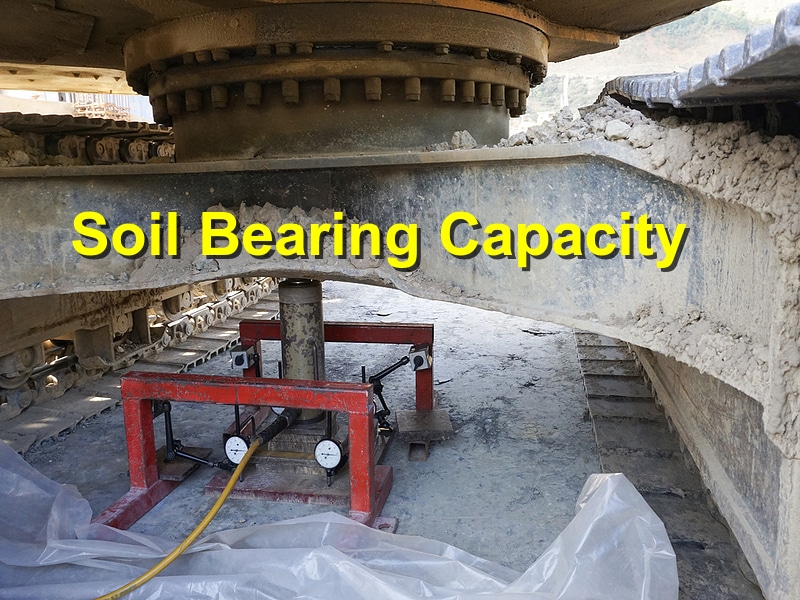Soil is undeniably one of the important considerations when pouring footing. When putting up any form of structure, there must be a surety that the ground will support it without caving in. As such, the parameter-bearing capacity measures the soil’s capacity to sustain a load.
Determinants of Bearing Capacity of Soil
Primarily, the bearing capacity of soil is determined by three factors, including the type of soil, its shear strength, and its density. Prior to construction, the bearing capacity of the soil where the foundation is to be laid is determined. Several methods are employed to increase its capacity if the soil is found to be of poor bearing capacity.
Calculating the Bearing Capacity of the Soil
Simply put, the maximum mean contact pressure between the soil and the foundation that would not cause shear failure is its bearing capacity. There are three types of failure local failure, general failure, and punching shear failure.
Classification of bearing capacity of soil
There are two main types of bearing capacity of soil: The ultimate bearing capacity and
- Ultimate Bearing Capacity of Soil
This is the minimum pressure that the foundation can exert on the soil that would result in shear failure. It determines the point at which shear failure may occur and is expressed as qu. In other words, it is the load that soil can bear without giving way. While it is usually not used in design processes, this parameter is paramount as it provides an idea of soil may settle under pressure.
- Gross Allowable bearing capacity of the soil.
This is the maximum pressure the foundation can exert on the soil below or adjacent to it without bringing about shear failure and settlement. This is the main determinant in the design of foundations. Ideally, the ultimate bearing pressure is always higher than the gross allowable bearing capacity of the soil because it considers the soil’s settlement.
The qa=qu/FS
Where, qa=Allowable Bearing Capacity
qu=ultimate bearing capacity
Bearing capacity of clay soils
Clay soils have low bearing capacities because the initial pore water pressure which takes longer to decrease due to the low permeability.
Bearing capacity of granular soils
Unlike clay, granular soils have high permeability and are able to dissipate the pore water pressure because hence have a high relatively high bearing capacity.
Conclusion
This short guide has provided an overview of the definition of the bearing capacity of the soil, the types, and its importance in foundation design.




